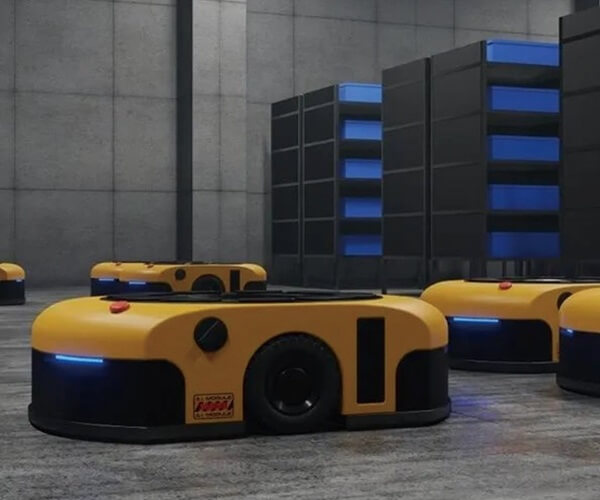Unlocking Precision: The Power and Potential of DC Servo Motor Controllers
In the rapidly evolving landscape of automation and robotics, the need for precise, reliable, and flexible motor control solutions has never been greater. Among the array of technologies available today, DC servo motor controllers stand out as cornerstone components that seamlessly bridge the gap between complex control algorithms and real-world motion.

What is a DC Servo Motor Controller?
A DC servo motor controller is an intelligent electronic device designed to precisely manage the operation of a DC servo motor. Unlike basic motor drivers that offer simple ON/OFF or variable speed control, servo controllers facilitate nuanced position, velocity, and torque regulation. They are the brains behind ensuring that a servo motor moves exactly as instructed, maintaining accurate position in the face of varying loads and external disturbances.
At its core, a DC servo motor controller interprets signals—often in the form of target positions, speed setpoints, or torque demands—and translates these into finely tuned electrical inputs that drive the motor accordingly. This process is inherently feedback-driven: sensors measure the motor's output (position or speed), and the controller continuously adjusts its commands to keep the motor accurately aligned with the desired parameters.
The Anatomy of a DC Servo System
A typical DC servo system comprises three key elements:
The DC servo motor: Often a brushed or brushless motor with built-in encoders or tachometers to provide real-time feedback. The servo controller: An advanced electronic circuit that processes feedback signals against the reference commands, employing control algorithms—most notably PID (Proportional-Integral-Derivative) control. Feedback sensors: Devices like optical encoders or Hall effect sensors that deliver precise real-time measurements of the motor’s position or velocity.
Together, these components create a closed-loop control system, capable of achieving high accuracy and repeatability essential in applications ranging from CNC machines to robotic arms.
The Advantages of Using a DC Servo Motor Controller
High Precision and Accuracy: Servo controllers leverage sophisticated algorithms to achieve sub-millimeter or even micron-level positional accuracy. This makes them invaluable in tasks such as laser cutting, 3D printing, and robotic assembly lines.
Fast Response Times: Thanks to the real-time feedback loops, servo controllers can react swiftly to changes, ensuring smooth movements and minimizing overshoot or oscillations. This responsiveness is crucial in high-speed automation processes.
Enhanced Reliability and Durability: Proper regulation of current and voltage reduces electrical stress on the motor, extending its lifespan and ensuring consistent performance over long periods.
Flexible Control Modes: Most servo controllers support multiple control modes—position, velocity, and torque control—offering versatility across various applications.
Integrated Safety Features: Many modern controllers come equipped with overcurrent protection, thermal shutdown, and fault diagnostics, safeguarding both the motor and the control system.
Key Components and Features of Modern DC Servo Controllers
Advanced DC servo controllers often include features that optimize performance and ease of integration:
Digital Signal Processing (DSP): Enables complex control algorithms, adaptive tuning, and communication protocols. Communication Interfaces: Support for Ethernet, CAN bus, UART, or USB for seamless integration into automation networks. User Interface: LCD screens, configuration software, or remote control capabilities facilitate setup and maintenance. Adjustable Parameters: Tuning PID gains, setpoint ramps, and response curves to customize performance for specific tasks.
Why Choose a DC Servo Motor Controller?
In practical terms, the decision to employ a DC servo motor controller hinges on the demands of the application. When tasks require high precision, dynamic response, and long-term stability, a well-designed servo controller becomes indispensable.
Furthermore, as industries gravitate toward automation trends like Industry 4.0, the importance of intelligent, connected control systems intensifies. DC servo motor controllers with network capabilities enable real-time monitoring, predictive maintenance, and smarter process optimization.
Established in 2005, Kpower has been dedicated to a professional compact motion unit manufacturer, headquartered in Dongguan, Guangdong Province, China.




































